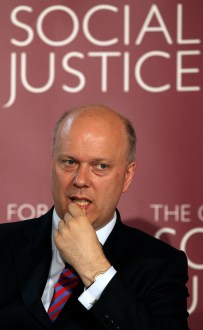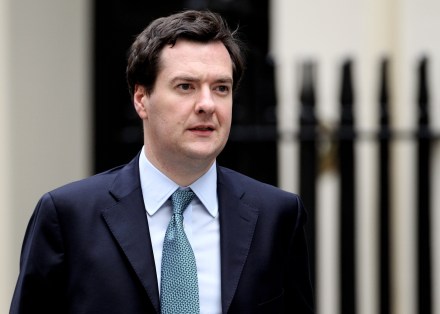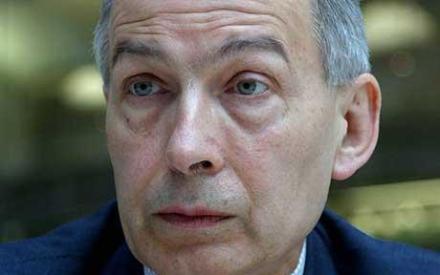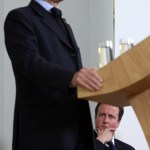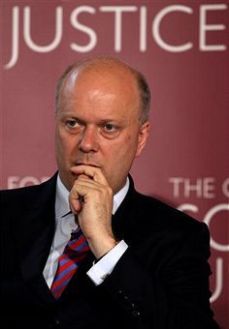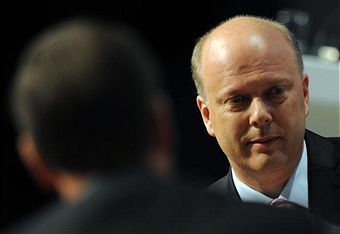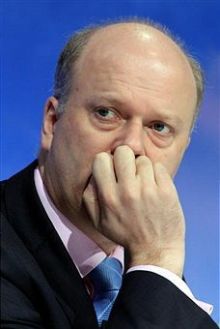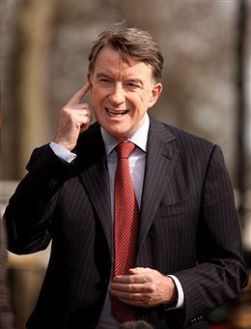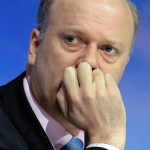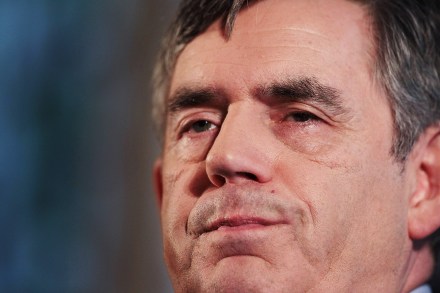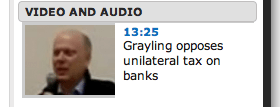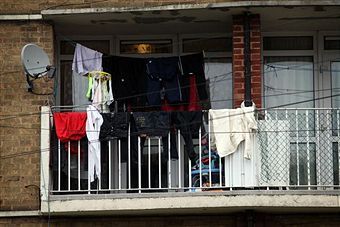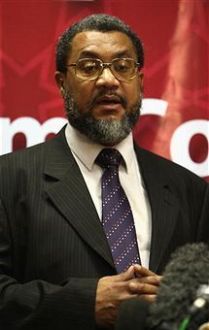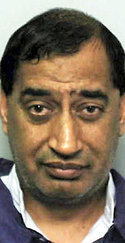The coalition’s big choice on Incapacity Benefit
The coalition’s plan for moving claimants off Incapacity Benefit and into work is, at heart, an admirable one. For too long, IB has been used a political implement for massaging the overall unemployment figures, and it has allowed thousands of people to wrongly stay unemployed at the taxpayers’ expense. There is, quite simply, a moral and economic case for reform. But that doesn’t mean that Professor Paul Gregg’s comments in the Times today should be ignored. Gregg is one of the architects of the current system for moving claimants off IB, and he raises stark concerns about how that system is currently operating. The main problem, he says, is the
